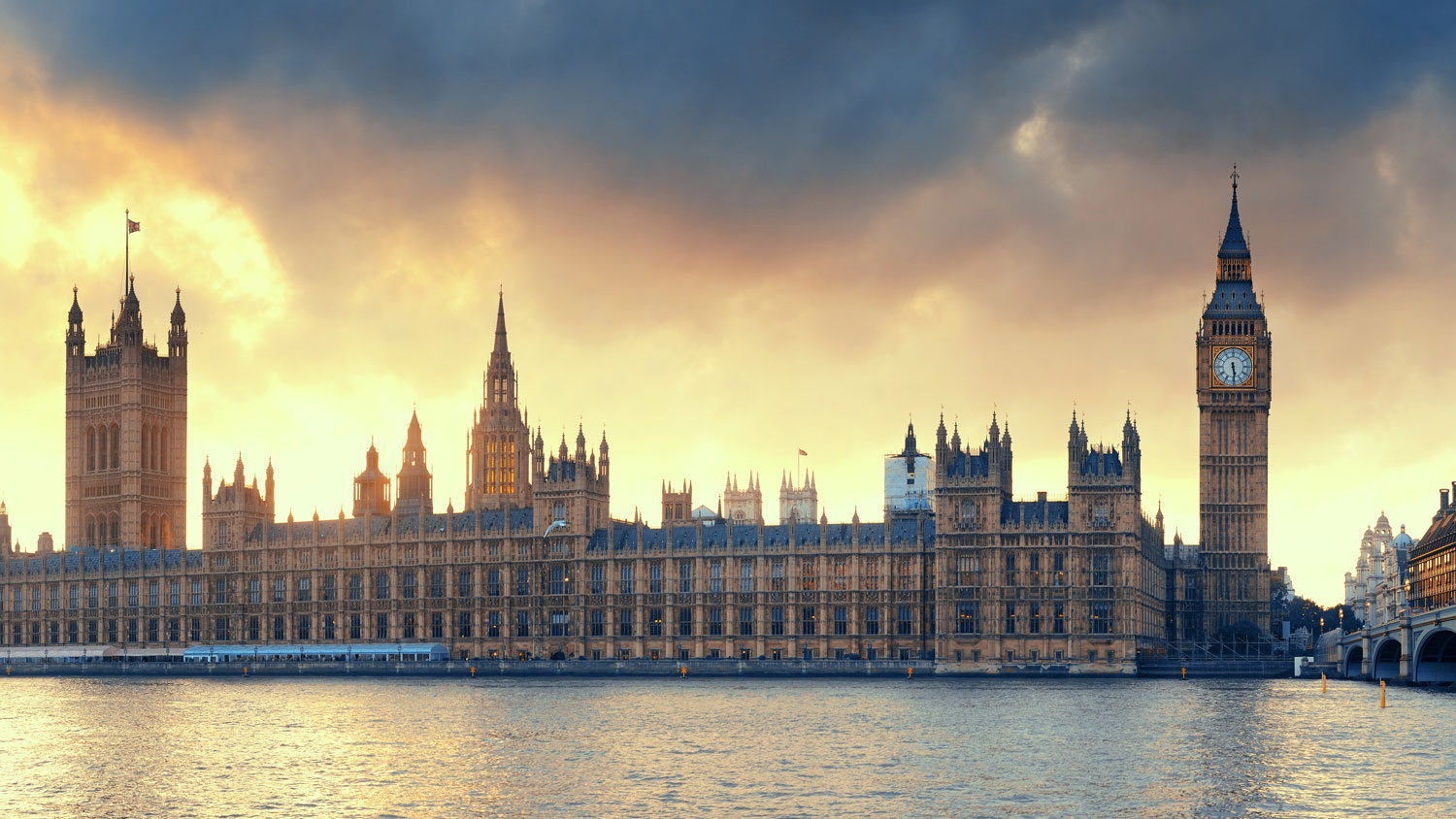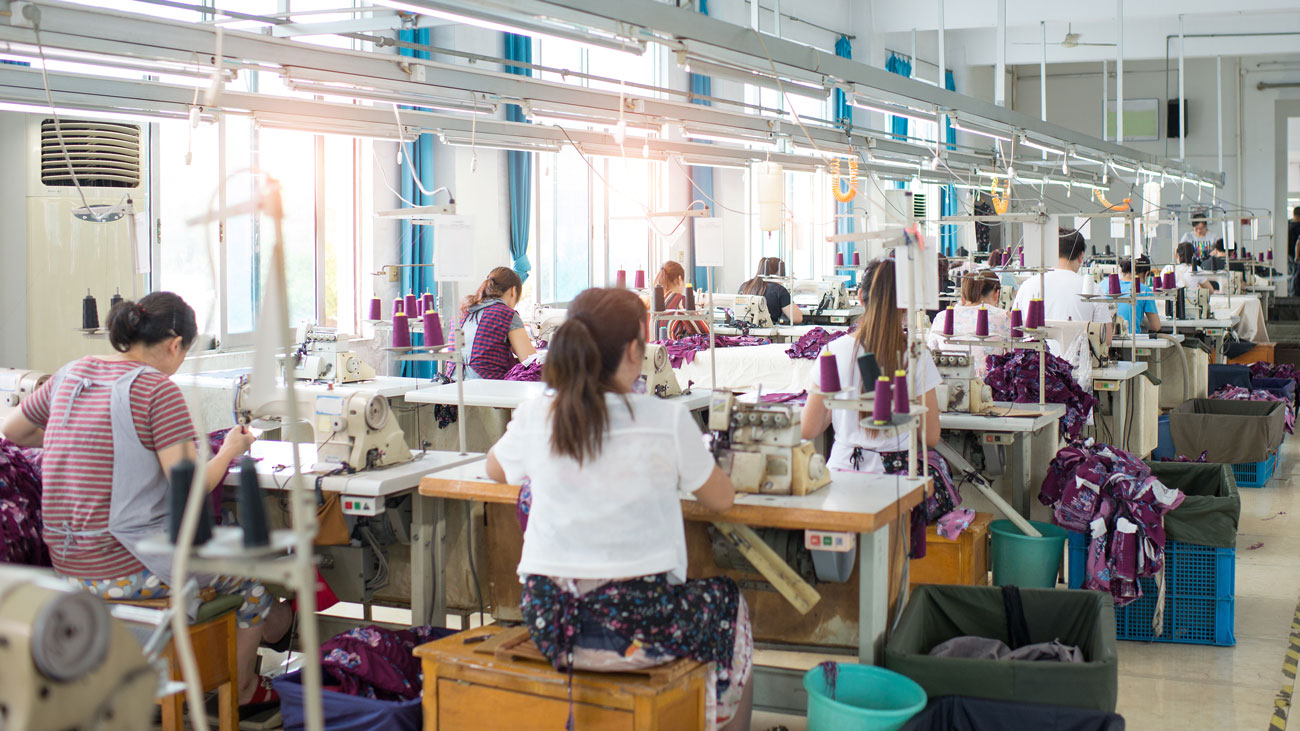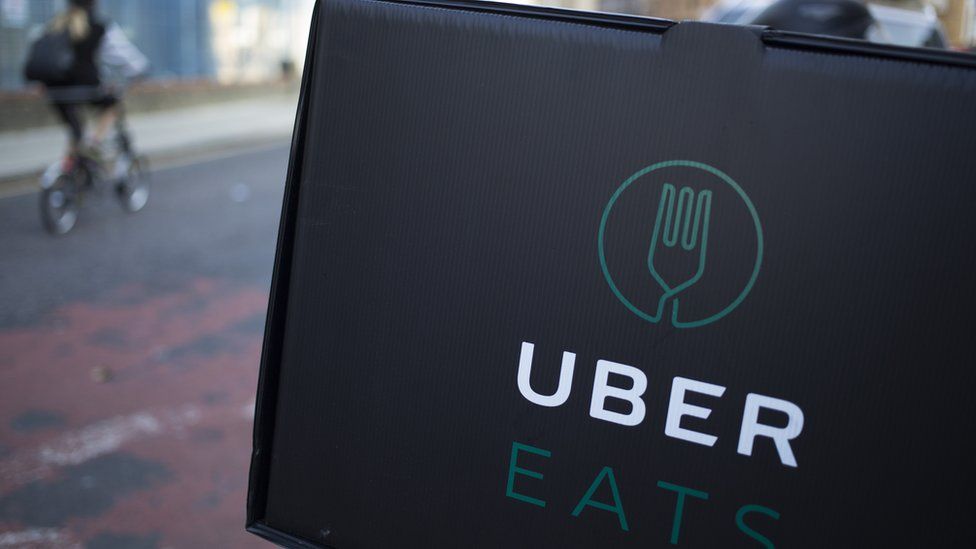
Government publishes modern slavery statement for supply chains
The UK has become the first country to publish a government modern slavery statement, which sets out how the government is tackling the crime in its supply chains.
The statement, which is published to coincide with the fifth anniversary of the Modern Slavery Act 2015, outlines action being taken to ensure that taxpayers’ money does not line the pockets of criminals who exploit vulnerable workers.
Thousands of businesses are currently required to publish annual modern slavery statements under the Act.
To lead the way for the public sector, the UK government has now published its statement, which assesses the risk of modern slavery across around £50bn of its annual spending. Individual ministerial departments will publish their modern slavery statements from 2020/21.
The government has also consulted on strengthening the requirement for large businesses to publish their modern slavery statements – including extending this to public bodies – and has committed to developing a registry for modern slavery statements.
Safeguarding Minister, Victoria Atkins, said:
“As we acknowledge everything this government has achieved for victims of modern slavery over the last five years, I am proud that we are taking this unprecedented step to show how we are tackling slavery during procurement. We are committed to targeting perpetrators and safeguarding victims of this horrific crime, both domestically and globally.”
Cabinet Office Minister, Lord Agnew, said:
“As a government, we are committed to driving out modern slavery in all forms, so it is crucial that we make sure it’s nowhere to be seen in the supply chains which helps provide our vital public services.
“I am also delighted that across government, we will be publishing our own modern slavery statements, so people can see the work we are doing to fight this terrible practice.”
The statement sets out the government’s efforts towards eradicating modern slavery from its supply chains, including direct engagement with around 400 suppliers on implementing effective modern slavery due diligence and delivering training to more than 250 government commercial staff.
The government has already announced plans to deliver greater social value through its commercial activities, with a view to incentivising businesses to become more responsible and sustainable.
The Modern Slavery Act 2015 continues to be a landmark piece of legislation, which gives law enforcement greater powers to tackle modern slavery and improved essential support for victims.
Measures in the Act include:
- Introduction of the statutory defence for victims who were compelled to commit criminal offences.
- Creation of Independent Child Trafficking Guardians in England and Wales to advocate on behalf of trafficked children.
- Creation of the role of the Independent Anti-Slavery Commissioner to encourage good practice in tackling modern slavery and the identification of victims.
Last week the government published statutory guidance for safeguarding victims of modern slavery that sets out the support available to victims and the process for determining whether someone is a victim.
Dame Sara Thornton, Independent Anti-Slavery Commissioner, said:
“Five years ago, the Modern Slavery Act introduced ground-breaking new measures to improve the protection offered to victims and survivors of modern slavery and to bolster the law enforcement response against perpetrators of this devastating crime.
“However, protecting victims and prosecutors is not enough. We need to do much more to tackle the structures that allow exploitation to thrive. Ensuring that businesses, public services and government are doing all they can to prevent trafficking from taking place in their supply chains is vital.
“I welcome the publication of the government modern slavery statement and this commitment to continue taking a world-leading approach to tackling modern slavery.”






